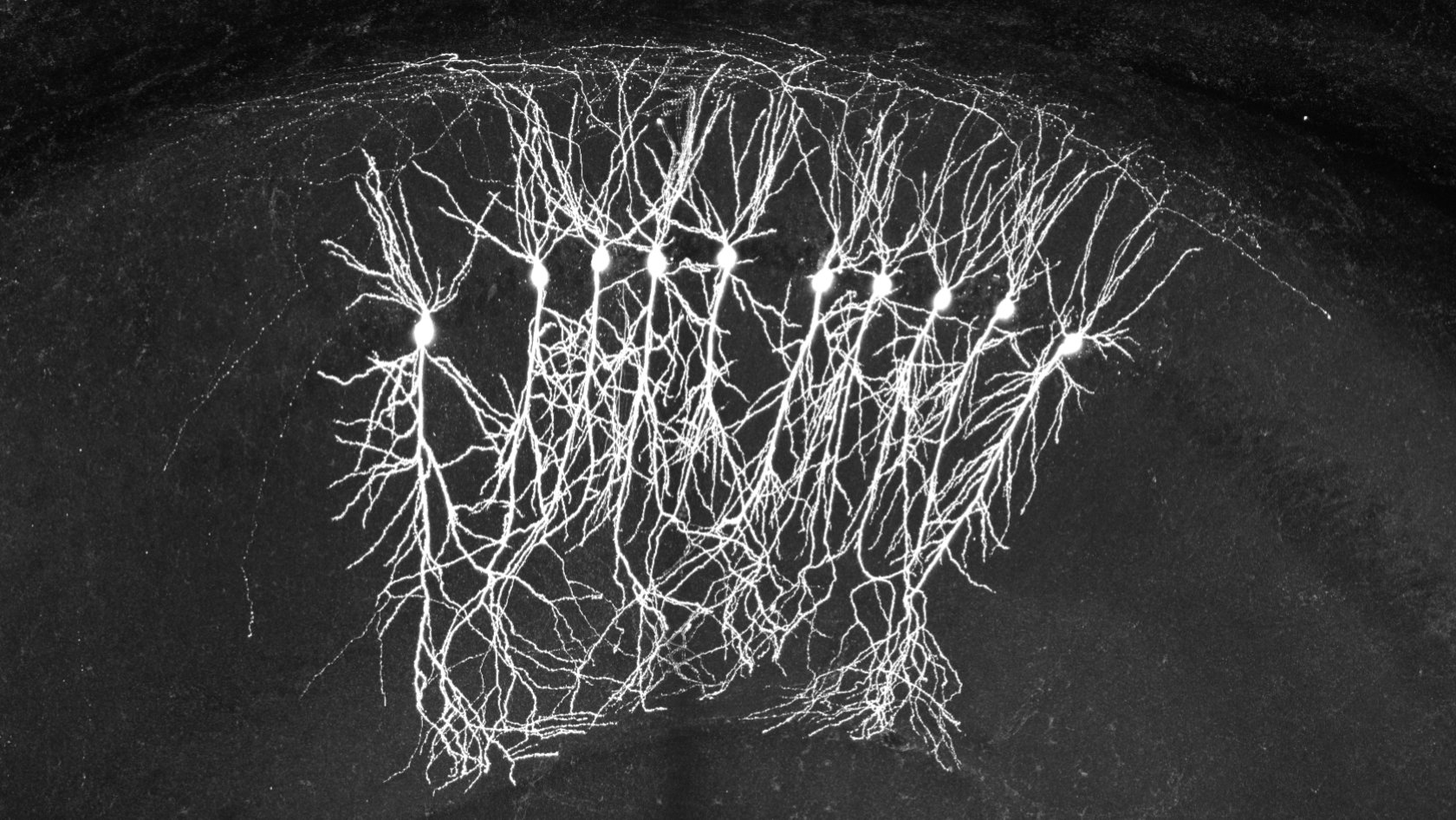Brain circuit rewiring and its consequences on learning and memory
AdaBD made easy
In this project, we study how rewiring of brain circuits can be induced and how this affects learning and memory. In first publications, we described the capacity of wiring in specific groups of adult neurons and describe some mechanisms behind it. Understanding these mechanisms is a prerequisite for a potential future rewiring of incorrect connections in the brain.
Research project
During development, improper neuronal wiring can lead to formation of persistently altered brain circuits and onset of intellectual disabilities. Causal links and circuit-based therapies remain elusive. However, recent advances in other areas of circuit research, such as rewiring of injured nerves, show promising results and increase expectations that a variety of brain disorders could be eventually cured by circuit rewiring.
Understanding these biological mechanisms is a prerequisite for an eventual use of rewiring to cure intellectual disabilities. Towards this goal, this project aims to investigate the capacity of wiring in a specific group of adult hippocampal neurons, the dentate granule cells, which are critically involved in certain forms of learning and memory. We published our discovery that a subpopulation of dentate granule cells in adult mice atypically project to the contralateral hippocampus (Egger at al., 2023). We also found that the number and contralateral axon length of commissural granule cells significantly increased in an experimental model of temporal lobe epilepsy, also highlighting the potential relevance of our findings to understanding seizure mechanisms.

Furthermore, we demonstrated that axonal wiring in adult hippocampal pyramidal neurons can be cell-autonomously induced by molecular programing. Following molecularly induced wiring, synaptic weights in the hippocampus and target areas outside the hippocampus were reconfigured. As a next step, we characterized network dynamics after circuit rewiring and saw that rewiring can improve certain aspects of hippocampal-based learning and memory.
Outcomes of this project generate basic knowledge for circuit rewiring and might facilitate the development of therapeutic strategies for intellectual disorders associated with circuit deficiencies.
Research Groups
Principal Investigators: Csaba Földy, Sebastian Jessberger, Fritjof Helmchen
PhD Students: Matteo Egger (until 07.2023), Natalia Cruz-Ochoa
Collaborators: Wenshu Luo
Platforms: mesoSPIM
Publications
Egger M, Luo W, Cruz-Ochoa N, Lukacsovich D, Varga C, Que L, Maloveczky G, Winterer J, Kaur R, Lukacsovich T, Földy C (2023) Commissural dentate granule cell projections and their rapid formation in the adult brain.
PNAS Nexus
Luo W, Cruz-Ochoa NA, Seng C, Egger M, Lukacsovich D, Lukacsovich T and Földy C (2022) Pcdh11x controls target specification of mossy fiber sprouting.
Frontiers in Neuroscience
Underlined: AdaBD researchers
